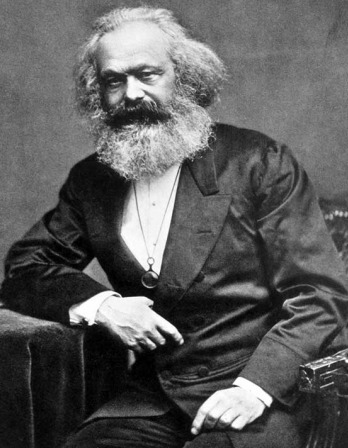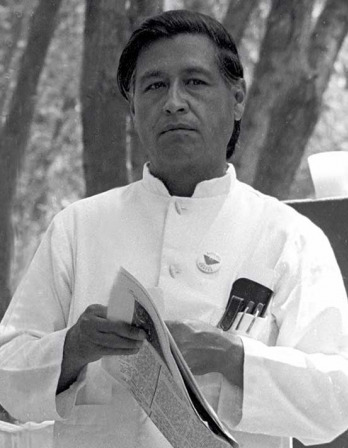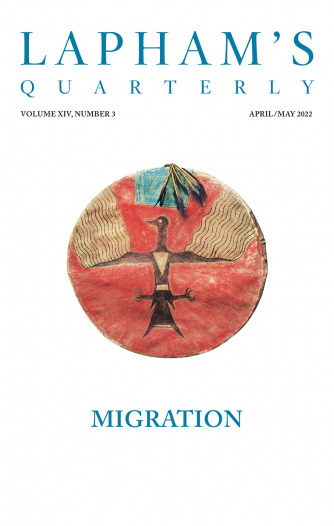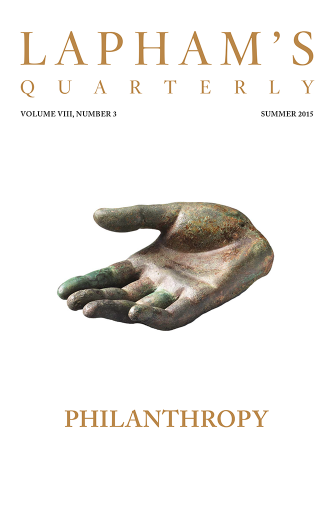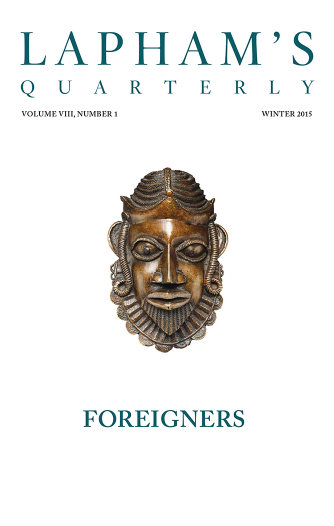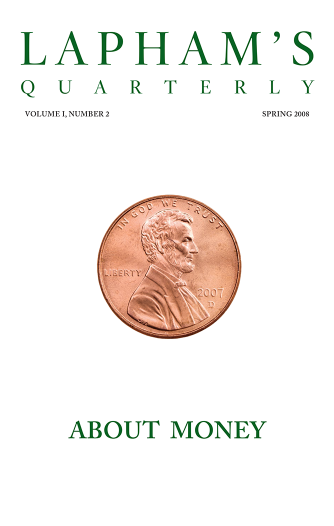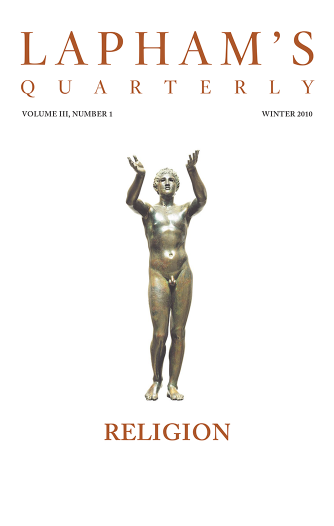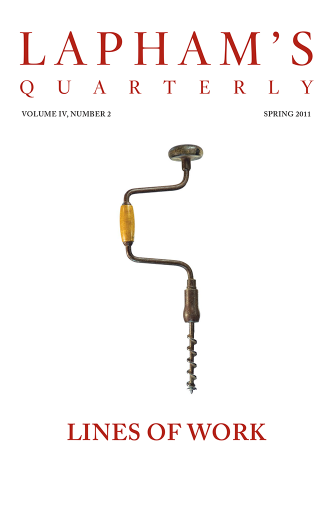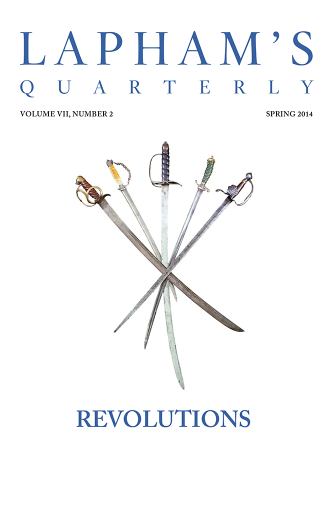
Karl Marx
(1818 - 1883)
Born in the Rhineland in 1818, Marx studied in Bonn and Berlin. Forced into political exile after the 1848 publication of the Manifesto of the Communist Party, he spent the remainder of his life in London. “It is not the consciousness of men that determines their existence,” Marx wrote in 1859, “but their social existence that determines their consciousness.”
